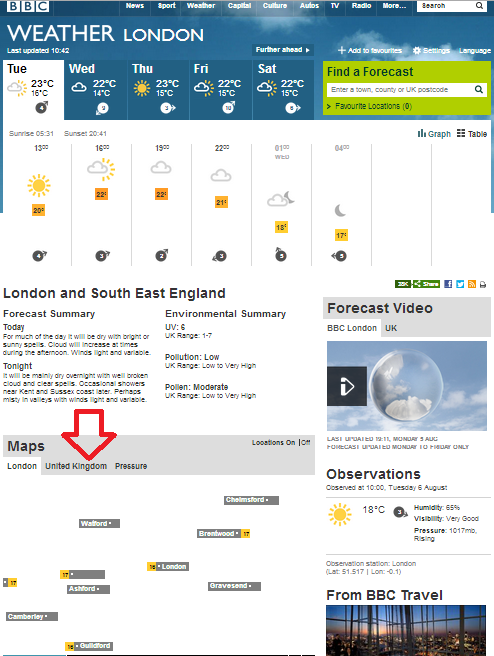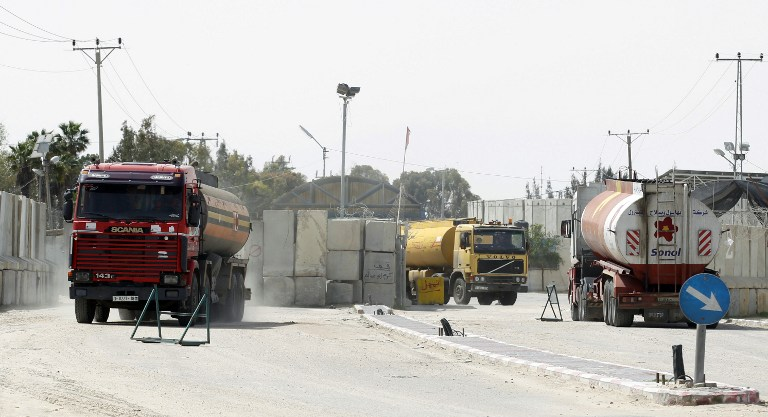Among the recent Middle East events not reported by the BBC was the controversy caused on April 1st when Fatah-affiliated students at a university in Tulkarem hung and burned an effigy of the Emir of Qatar at an election rally.
[youtube=http://www.youtube.com/watch?v=1WHUkcOYFnw]
The action was condemned by PA president Mahmoud Abbas, as well as by Hamas – which apparently demanded that the PA arrest the students concerned. According to journalist/activist Hazem Balousha (he of the Donnison fauxtography tweet fame), Hamas e-mailed a statement on the subject to reporters:
“In a press statement that was sent out to reporters via email, Sami Abu Zuhri, Hamas’ spokesman, said that “Hamas considers Abbas’ condemnation of the abusive act on the part of some Fatah-affiliated youth to the Qatari leadership not to be enough and does not relieve him from responsibility given the fact that he is the head of the Fatah movement. We condemn this irresponsible act and call upon Abbas to arrest the culprits in order to preserve our foreign relations. We consider this act to be the result of incitement on the part of some Fatah leadership to support certain Arab parties against others.” “
The possibility that this incident received no coverage from the BBC because its e-mail does not appear in the Hamas address book of course exists, but given the BBC’s well documented – if naïve – enthusiasm for the subject of Hamas/Fatah reconciliation, it seems rather more likely that this was not considered to be a ‘need to know’ item for BBC audiences.
Another recent event not reported by the BBC was an additional incident of cross-border fire in the Golan Heights on April 12th. The ever-looming possibility of withdrawal of UN peace-keeping forces from the buffer zone between Israel and Syria has also failed to generate any significant coverage by the BBC. 
“Austrian UN peacekeepers, fearing their safety due to fighting in Syria, will assess on a daily basis if they can stay to monitor a truce between Israel and Syria, Austria’s foreign minister said on Friday. [..]
“We have decided, as Austrians, to stay as long as we can, this is our mandate … (but) we have to decide every day if it’s possible,” Foreign Minister Michael Spindelegger said.
“We will do so as long as is possible,” he told Reuters after visiting Austria’s UN contingent on the Golan Heights, where he was briefed about the situation.
In the past three months, Japan and Croatia have both said they were withdrawing their troops from the United Nations Disengagement Observer Force (UNDOF).
Austrians account for around 380 of the 1,000-strong mission and should Vienna quit the operation, it was unclear if any other nation would be ready to step into the breach.”
On April 13th the IDF apprehended a Palestinian intending to carry out a terror attack at the Eliyahu checkpoint near Kfar Saba and on April 14th three prominent members of Hamas from the Jenin area were arrested by the IDF according to Palestinian sources. There has been no coverage of the attempted terror attack by the BBC.
Neither has the BBC seen fit to inform its audiences of the recent call by the overwhelming majority of members of the Jordanian parliament to pardon the murderer of seven Israeli schoolgirls in 1997 at the ‘Isle of Peace’ at Naharayim.
BBC audiences’ understanding of the Middle East is of course just as dependent upon which news items are filtered out as it is on what is actually reported.





